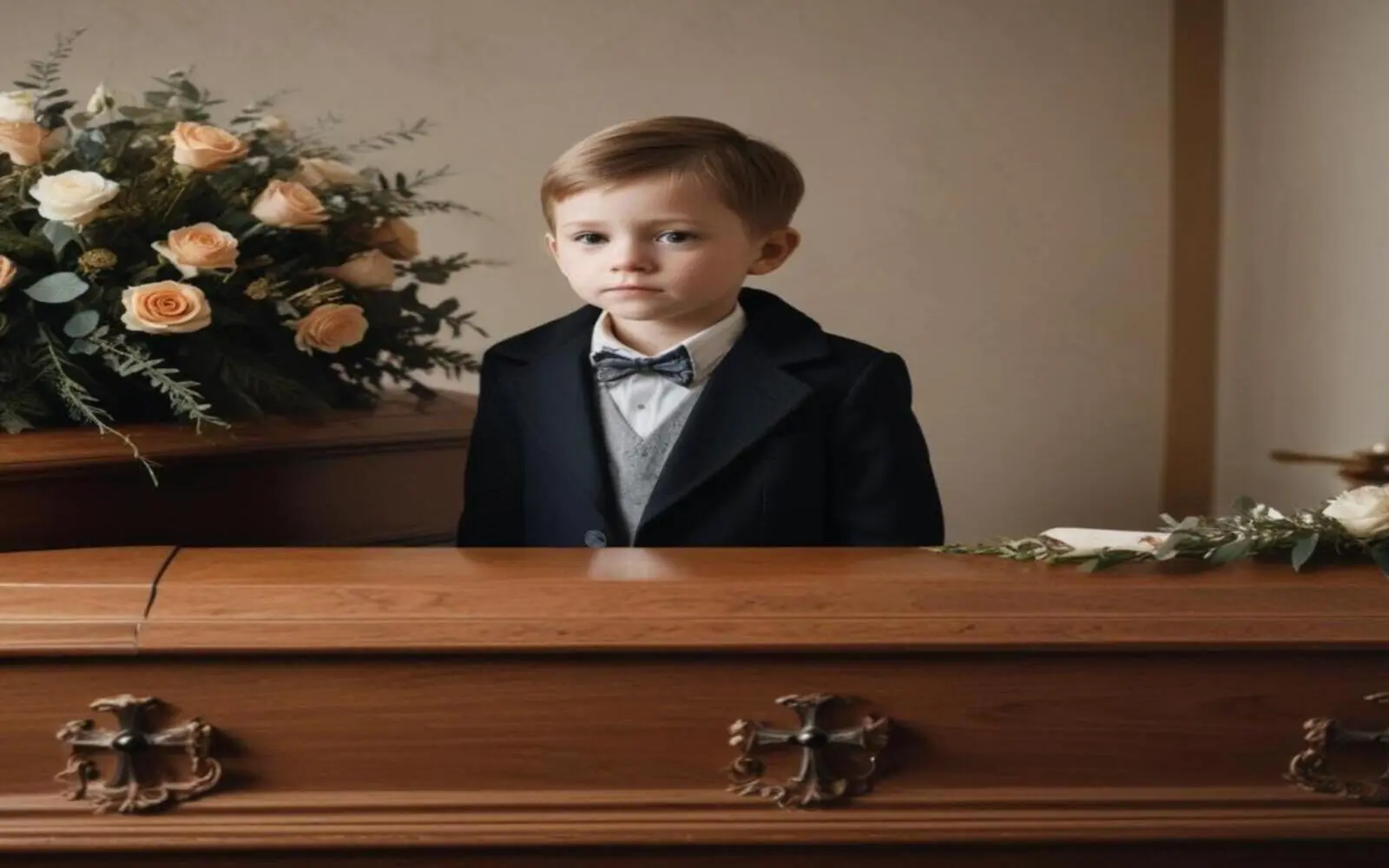I woke up, roused from a dream of riding with Roy Rogers, only to find myself enveloped by a cloud of despair that had settled over the entire house. The sound of weeping reached my ears, Jimmie’s wails echoing the mournful cries I had heard at the only funeral I had attended. My mind leapt to Tommy—Mother was always worried about him since he joined the Navy.
Mom stood by my bed, her head cocked to the side, lips twisted into an odd frown. “Tommy’s fine. It’s Henry,” she said softly. Henry was dead.
I sat up in bed, staring into space, waiting for the tears of fear for Tommy to give way to the sorrow for Henry. But the tears didn’t come. I walked into the brightly lit den, where Jimmie and Mother were both sobbing in staccato bursts. Henry’s sofa lay empty, his calming presence conspicuously absent. Jimmie said she felt it, a line severed, a string cut. But I didn’t feel anything beyond the first stages of grief: denial.
Henry had left a note, which Jimmie handed to me. I turned away from Mother, ignoring her commands to give it up, until she snatched it away. “You’re too young to read this now,” she stated firmly. I slumped to the floor next to them, overwhelmed and unsure of what to do next.
The pastor was the first to arrive the next morning, appointed by Jimmie to help usher the procession of people coming to pay their respects. Despite the steady line of visitors, the house remained eerily quiet. Jimmie sat behind a desk, accepting food and thank you notes, her sobs the only sound breaking the silence.
The pastor pulled me aside, trying to establish himself as a confidant. “You know, it’s okay to cry,” he said gently. I looked up at him and replied, “I know. I’m in shock.” It was the only explanation I had.
Not a single person said Henry was a good man. Mom suggested it was because they couldn’t comprehend why a good man would kill himself. “We’re going to see Henry,” Jimmie announced the next morning. I wouldn’t be going to school that day.
My first thought was whether the hole in his head would be visible. My second, a thought that would haunt me for years, was about the misfire.
The funeral home was more like a house, its dim, lamplit living room filled to the brim with spring flowers of countless varieties. Henry’s coffin stood as a bronze, shiny monolith. I was afraid to approach it, but Mother nudged me forward, disliking the attention drawn by my hesitation.
The sleep of death was nothing like the sleep of the living. Henry had been a sprawled sleeper, mouth agape, proudly snoring. In death, he was unnaturally still, his hands stiff and crossed, with extra makeup covering his temple. I leaned in to kiss his cheek, but Mother immediately snapped at me not to. “He’s cold. He looks warm, but it’s all makeup. His body is cold,” she said.
I was given the choice of attending the funeral or playing with Becca. The funeral held little interest for me. Becca and I alternated between her game—something akin to house—and mine, cops and robbers. I sighted Becca with my toy pistol, but the gun felt cold in my palm. I dropped my hand. “I don’t want to play this anymore,” I murmured, my voice small.
After a week, I returned to school. Mrs. Stewart, my former crush, asked how I was coping. I wanted to say I was in shock, but I was tired of the word. Instead, I simply returned to the scrawl of pencil on paper. When I got home, I looked at the couch in the den after having tea with Jimmie, noting the depression left by Henry over the years.
They brought his car back, a beige Plymouth. Jimmie told me not to look at it, but I was determined to disobey. I needed to see if there was blood, some reminder of Henry. The only reminder was brown stains on the otherwise beige leather. I never went back to the garage again.
One day, I heard Jimmie sobbing in the kitchen while I was leafing through my comics. Tom had called, having just received the news due to being at sea. Jimmie spent most of the call listening, the muffled voice on the other end speaking to her. She hung up after a time, donned her glasses, and resumed her needlework.
Jimmie had to sell the house; life insurance doesn’t cover suicides. Mother said she couldn’t stay—the wife of someone who killed themselves. Too much shame and blame. Three weeks later, the moving truck arrived, and I said one last goodbye to Sally and her children, Jimmie’s roses, and Becca. We were saying goodbye for good.
It wasn’t Jimmie’s fault, nor Mother’s, regarding Henry’s actions. At the time, I thought I knew for certain whose fault it was: mine.

